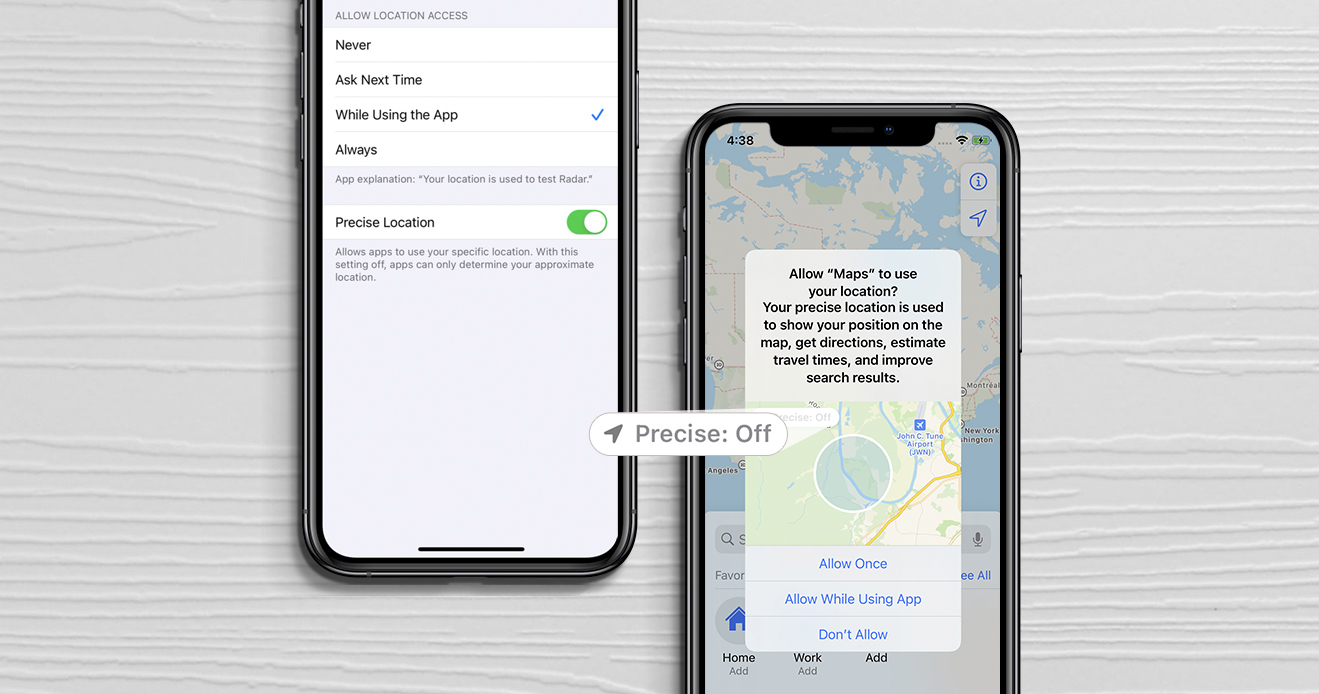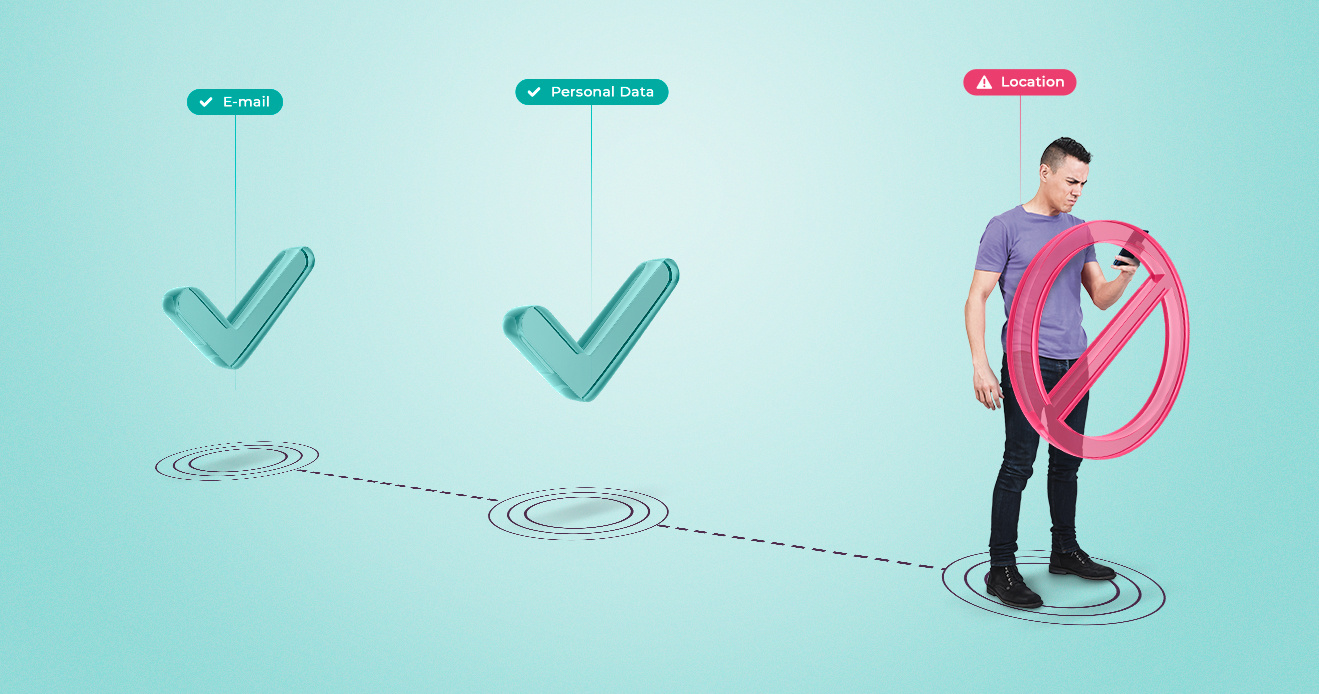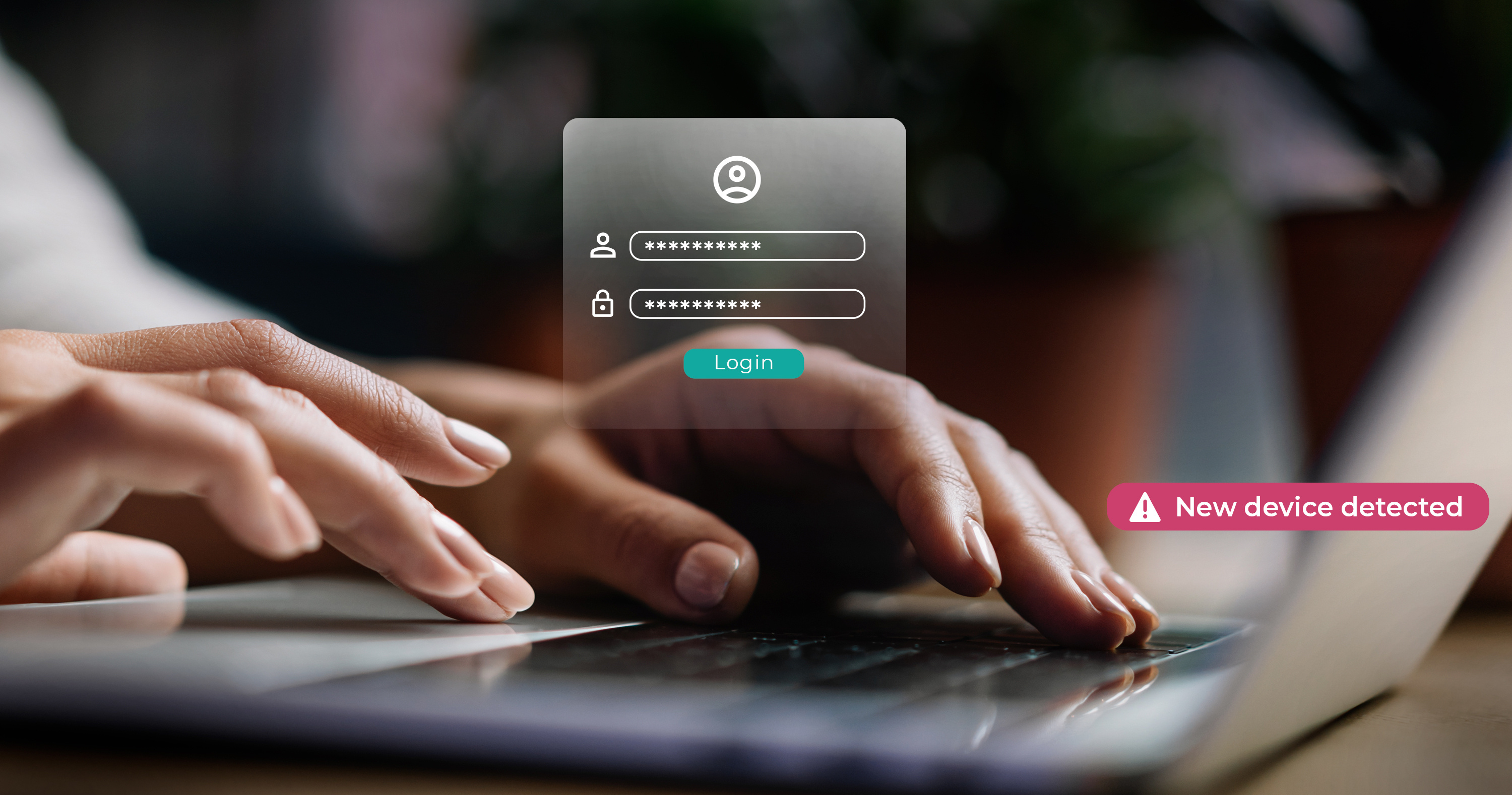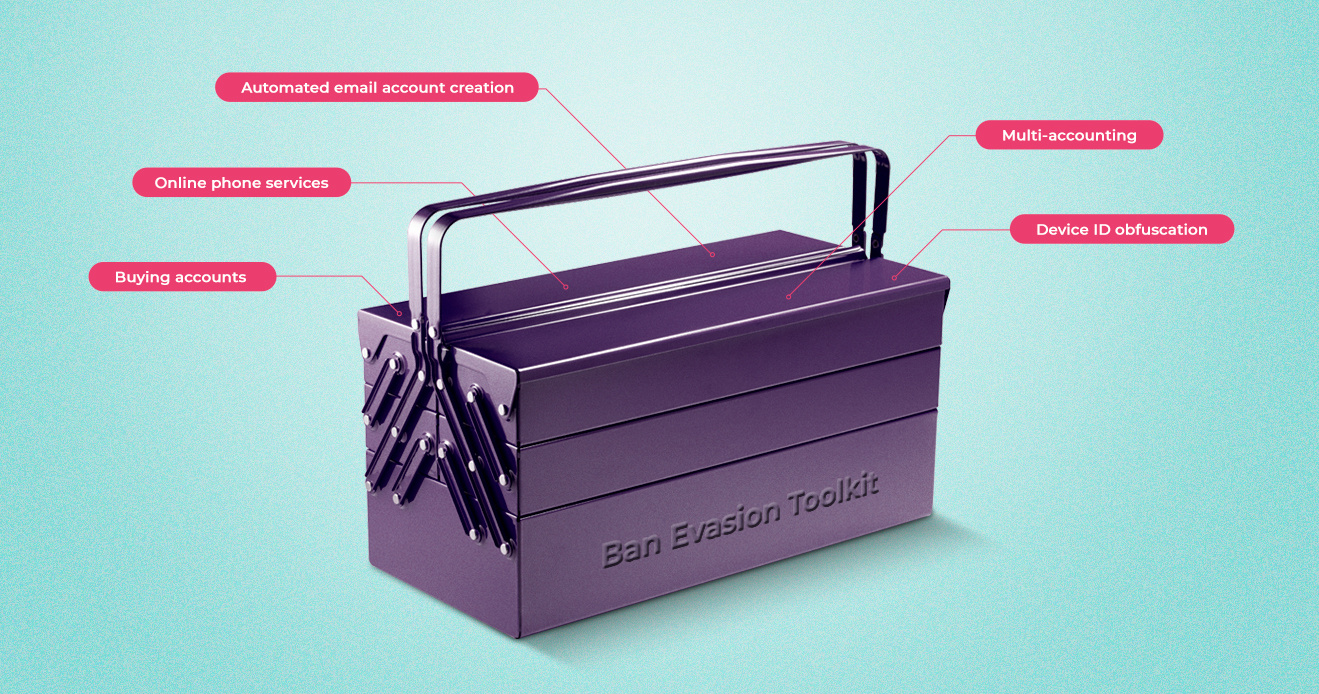- Blog
- iOS14 Location Access Update
iOS14 Location Access Update
Subscribe to the Incognia Newsletter
The Apple iOS14 update, released on September 16th, took many by surprise, including app developers. New features include a redesigned Home Screen and application experience, as well as new features on Messages and Maps. Among the flashy design changes is a new privacy feature that gives more control and transparency to users by enabling them to control which apps have access to their precise location.
Previously, Apple iOS Location Services gave users the ability to set when applications could collect their location data, limiting app developers to three options, Never, Ask Next Time or While Using the App. This new “Precise” location toggle adds a new dimension of control empowering users to control how precise that location data is as well. When the “Precise Location” toggle is switched off, apps will only be given access to an approximate location represented by an area that is a few miles (15km) in diameter.
This move is part of Apple’s push to increase the privacy of iOS users and give them back control over their data. In the past two years, there has been increasing awareness of how many apps are collecting precise location data. While for some apps, location data collection is necessary for the product to work correctly, the vast majority approximate location is good enough.
Weather apps are one example of many that collect precise location without a clear need. While general location is relevant for an accurate weather report, it isn’t clear why precise location is necessary. Similarly, real estate apps might be able to offer a more customized user experience with approximate location data but need for the exact, precise location of users isn’t obvious. While these example apps might fall into a grey area regarding the need for precise location information, there is little debate that a photo retouching app doesn’t need a precise location to edit selfies. These examples illustrate the need for more transparency around location tracking and iOS14 is a step in the right direction.
The iOS14 update is an acknowledgment that in many cases, approximate location is good enough. In cases where app developers want to make use of precise location, users will have transparency and control over access to their data. Now developers are responsible for convincing users to grant and maintain these permissions. Giving users the ability to select approximate location data means developers will need to make their case by demonstrating how users will benefit, perhaps through an improved user experience or enhanced security, in exchange for permission to collect their precise location data.
While perhaps not intuitive, location data is leveraged by financial institutions and merchants to ensure user protection. For years, the top banks have used location data to determine whether cardholders are traveling to ensure safe and convenient transactions. Today, as we are confronted with health concerns, contactless in-store transactions have grown 65% since this time last year. In this case, precise location data is critical to ensuring secure transactions to support innovative forms of payment.
And experts agree. GDPR, one of the most comprehensive data privacy regulations, recently acknowledged that the use of personal data for the purposes of fraud prevention does not require explicit consent because it is used for the direct benefit of the user. Apple itself recognized the importance of location when it announced an exception to the AppTrackingTransparency framework for security and fraud prevention.
The key is transparency. Ensuring that mobile users are knowledgeable and in control of how their digital identities are built and used is both their right and incredibly important to their ongoing security. User-informed usage of data will hopefully lead to higher trust between users and the companies that serve them and is an important step towards a safer digital world.
At Incognia, we support Apple’s move toward enhanced user privacy. This latest iOS update requires app developers to embrace the privacy standards that we have always maintained related to location information. We are hopeful that this will generate more awareness of the legitimate uses of precise location data.
Learn more about our commitment to privacy and the use of location data.




